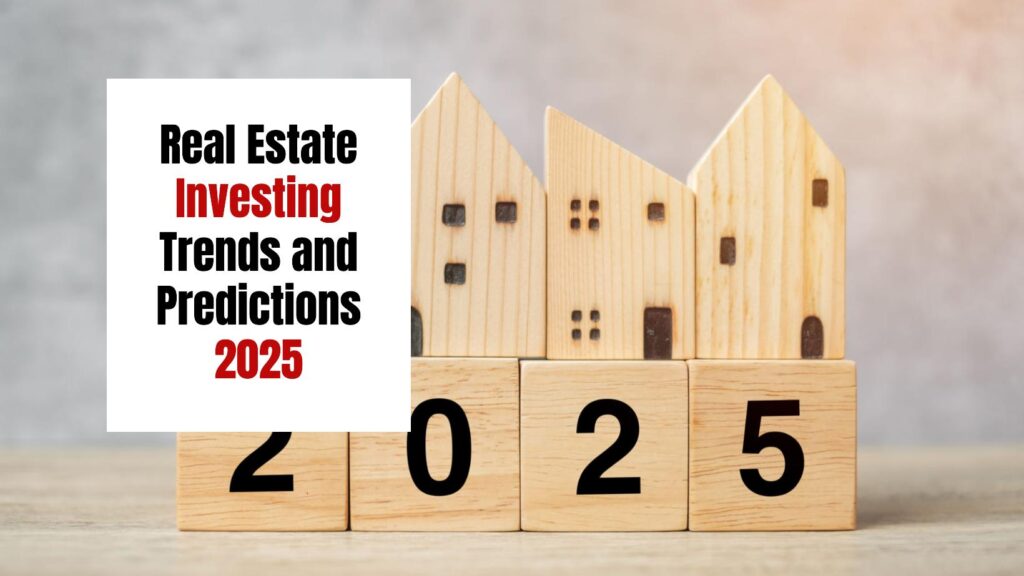
Insights for Africa and the Diaspora
Emerging real estate trends in the African market is rapidly evolving, driven by urbanization, technological advancements, and a growing middle class. In 2025, several emerging trends are set to reshape the industry, presenting lucrative opportunities for both local and diaspora investors. From affordable housing to sustainable practices and tech-enabled solutions, these trends align with the continent’s economic growth and global investment interests.
We delve into the most significant trends, offering insights into how they can impact the financial landscape for stakeholders in Africa and beyond.
1. Affordable Housing: A Persistent Demand
The demand for affordable housing continues to dominate Africa’s real estate landscape. Rapid urbanization is pushing governments and private developers to explore cost-effective solutions to house an expanding population.
Key drivers:
- Urban Migration: Over 40,000 people migrate to African cities daily, creating a housing demand that exceeds supply.
- Government Initiatives: Kenya’s Affordable Housing Program aims to tackle the housing deficit but faces challenges like budget constraints.
- Diaspora Investments: The African diaspora has shown a growing interest in funding affordable housing projects as part of their remittance contributions.
Opportunities for investors:
- Partnering with governments to access incentives.
- Leveraging modular construction technologies for scalability and cost reduction.
2. The Rise of Co-Working Spaces
Co-working spaces are transforming traditional office setups in Africa. Flexible workspaces are gaining popularity, especially in cities like Lagos, Nairobi, and Johannesburg.
Why it matters:
- Post-Pandemic Work Culture: Businesses are moving away from rigid leases, opting for shared spaces that offer flexibility.
- Cost Efficiency: Co-working reduces overhead expenses, making it ideal for start-ups and SMEs.
- Diaspora Engagement: These spaces serve as innovation hubs for diaspora entrepreneurs looking to establish businesses in Africa.
Projections: By 2025, Africa’s co-working market is expected to expand further, driven by digital transformation and demand for hybrid working environments.
3. Green and Sustainable Infrastructure
Sustainability is no longer optional; it’s essential. African cities are integrating eco-friendly practices into real estate development to address climate change and resource scarcity.
Key developments:
- Green Building Standards: Kenya and South Africa lead in adopting certifications for energy-efficient buildings.
- Urban Farming: Real estate projects incorporating rooftop gardens and vertical farming are gaining traction.
- Sustainable Financing: Green bonds are becoming popular financing tools for environmentally friendly real estate projects.
4. Tech-Driven Real Estate Solutions
The fusion of real estate and technology is unlocking innovative solutions across Africa.
Examples:
- Smart Homes: IoT-enabled homes are entering the luxury market, catering to tech-savvy buyers.
- Digital Transactions: Blockchain is being explored to streamline property transactions and ensure transparency.
- PropTech Startups: These startups are developing apps for property searches, virtual tours, and online payments.
Diaspora investors can leverage these advancements for seamless property management and investment tracking.
5. Data Centers and Digital Infrastructure
The demand for data centers is skyrocketing as Africa embraces digital transformation. These facilities support e-commerce, fintech, and other industries.
Growth factors:
- Increased internet penetration.
- Government incentives for tech infrastructure.
- Diaspora interest in technology-driven investments.
South Africa, Nigeria, and Kenya are leading the charge in data center developments, offering significant opportunities for investors.
6. Real Estate Trends: Diaspora Investment in Real Estate
The African diaspora continues to play a pivotal role in the continent’s real estate growth. Their contributions through remittances and direct investments are funding various projects, from luxury homes to social housing.
Strategies to attract diaspora investments:
- Transparent processes and legal frameworks.
- Creating tailored investment packages, including fractional ownership models.
- Showcasing the potential for high ROI, especially in emerging urban areas.
7. Specialized Housing Markets
Niche housing markets are on the rise, catering to specific demographics and needs.
Trends include:
- Senior Living Communities: With Africa’s aging middle class, retirement homes are gaining popularity.
- Student Housing: The surge in university enrollments creates demand for quality student accommodations.
- Luxury Residences: High-net-worth individuals and diaspora investors are driving luxury real estate developments.
8. Financing Innovations in Real Estate
Access to financing remains a barrier for many aspiring homeowners and developers in Africa. However, innovative financial tools are addressing this gap.
Emerging solutions:
- Mortgage Securitization: Enhancing liquidity for banks and financial institutions.
- Real Estate Investment Trusts (REITs): Allowing retail investors to participate in the market.
- Crowdfunding Platforms: Providing alternative funding for small-scale developers.
Also Read: Community Land Ownership Models Globally
The African real estate market in 2025 promises a wealth of opportunities for investors, developers, and governments. From affordable housing and green infrastructure to diaspora engagement and tech-driven solutions, these trends reflect the continent’s dynamic growth and resilience. For the African diaspora, this is the perfect time to capitalize on these trends and contribute to the continent’s transformation.
By understanding the emerging real estate trends and aligning strategies accordingly, stakeholders can navigate the real estate sector effectively while driving economic growth across Africa.





